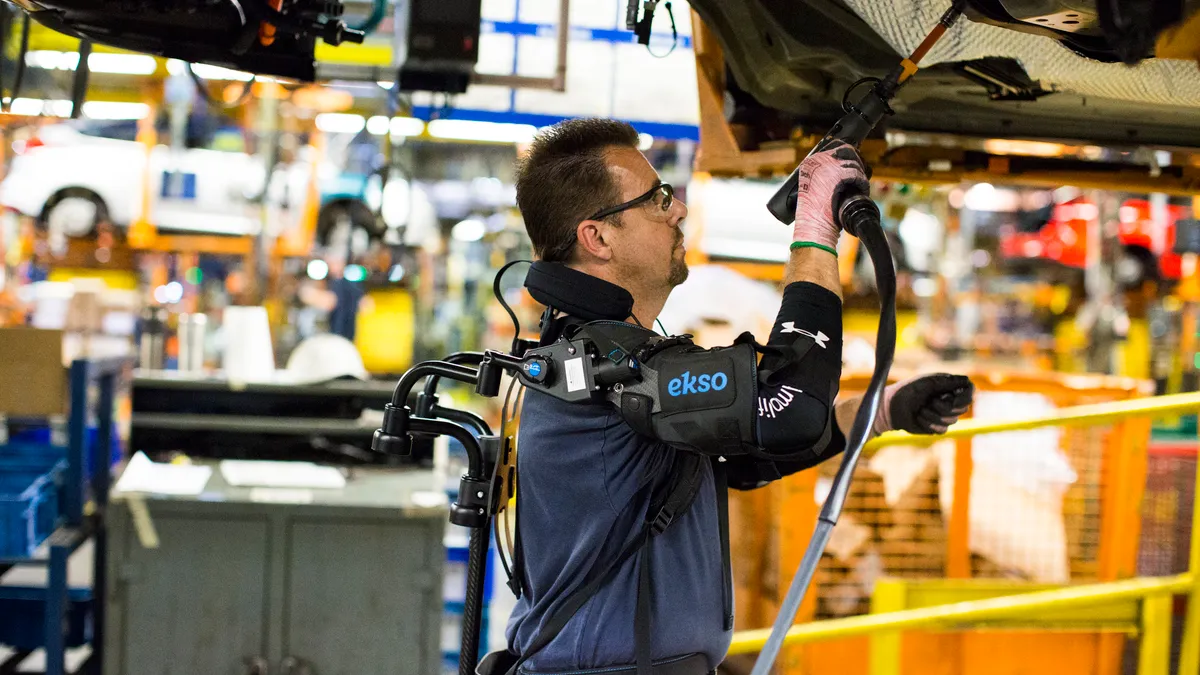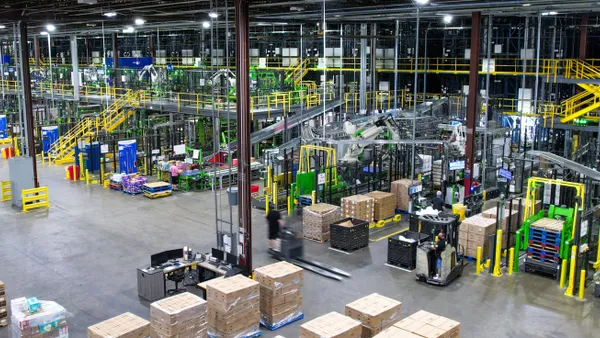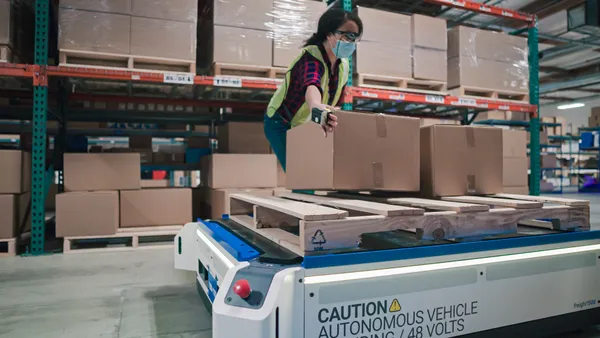Dive Brief:
- Economic nationalism is a new addition to manufacturing executives' long list of threats to normal order, according to a new survey from LLamasoft Global Research. The report offers the Brexit vote in the UK and the "US administration’s policies reflecting a shift towards nationalism," as examples.
- Roughly one-third of responding global executives painted economic nationalism as a major challenge they will have to contend with over the next year — that number jumps to 64% when polling only the U.K. — and half of global respondents said they would likely change their operations because of it.
- "As the political stance in various countries evolve, it’s imperative that businesses have the data foundation and analytical capabilities to create digital twins of their supply chains and evaluate alternate scenarios to combat the uncertainty and risk these policy changes create," Razat Gaurav, CEO of LLamasoft, said in a statement.
Dive Insight:
Wildfires, hurricanes, labor strikes, economic swings — supply chains managers are used to dealing with the unexpected. But it's rare in recent years that a political trend would be included in such a list.
The survey of 725 senior supply chain decision makers in manufacturing organizations in the U.K., France, Germany, the U.S., China, Japan and Mexico found that economic nationalism is considered a serious challenge facing manufacturing supply chains. On top of the one-third of respondents who consider economic nationalism to be a challenge in their supply chains over the next 12 months, 46% reported that it is a challenge right now.
Despite the growing concern over protectionist policies worldwide, the survey reports half of respondents plan to wait until they feel the effects of such policies before making any operational changes. Respondents from the Americas indicated they were the most prepared for this kind of economic policy change, with 69% of North American execs stating they have the proper measures in place.
What are these measures? Executives aren't completely sure.
"While decision makers show a willingness to change their supply chains to deal with the biggest potential impacts of economic disruption, the majority are unclear on their strategies to do so," according to the report.
The good news is that some of the tactics that work for natural disasters work for political flux too — namely a differentiated and duplicative supplier base. But still, as a result of all this uncertainty, a majority of US execs (61%) are confident that their costs will increase in the next year.














